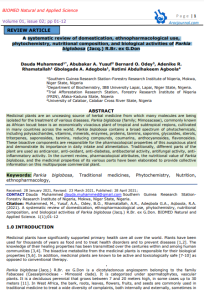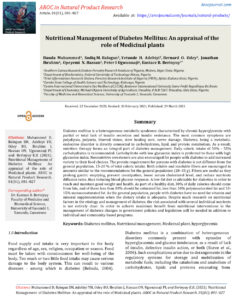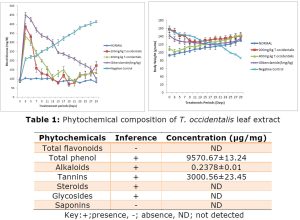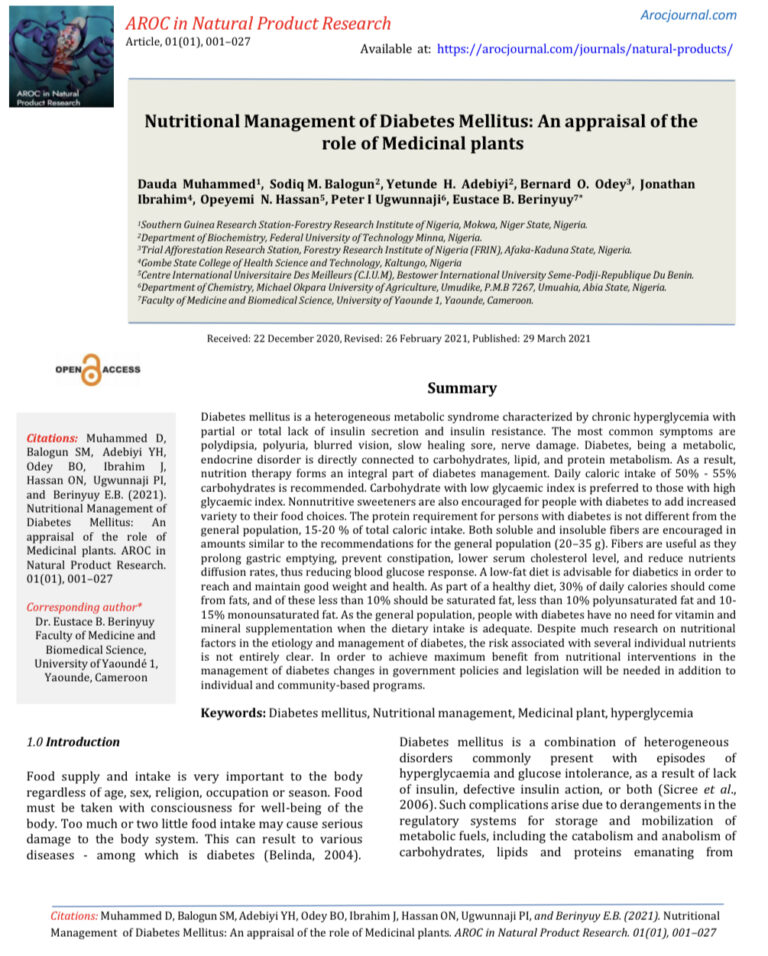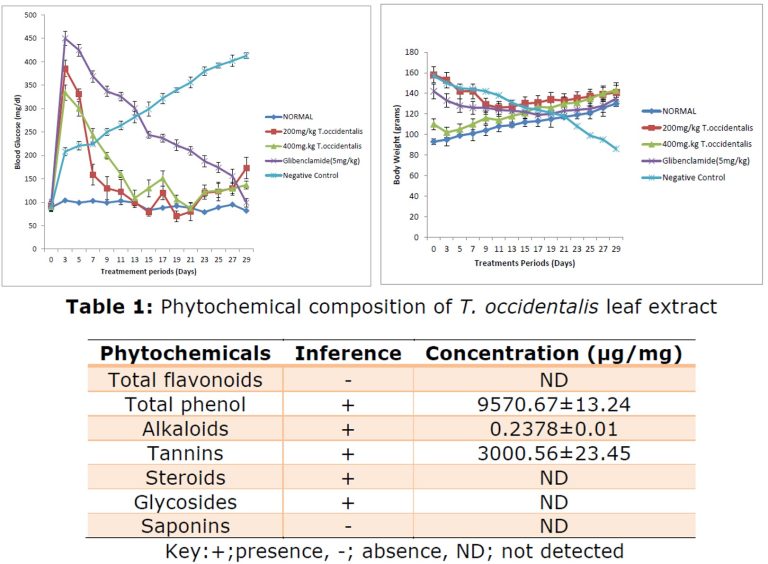Introduction:
Higher education is undergoing a significant transformation due to advancements in technology. The integration of digital tools such as Learning Management Systems (LMS), artificial intelligence tutors, and virtual classrooms has reshaped traditional teaching and learning. The shift is not merely about technology adoption but also about rethinking pedagogy, assessment, and student-teacher interaction.
The pandemic highlighted the importance of flexibility in higher education, with online learning becoming the new norm in many institutions. While this transition opened opportunities for global access to education, it also revealed inequalities in digital access, particularly in developing regions. Reliable internet, digital literacy, and adequate infrastructure remain pressing challenges.
This paper critically analyzes how digital transformation is redefining higher education, its benefits in enhancing quality education, and the barriers that institutions must overcome to ensure equitable and sustainable digital learning.

